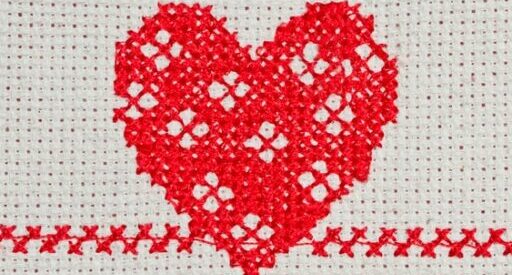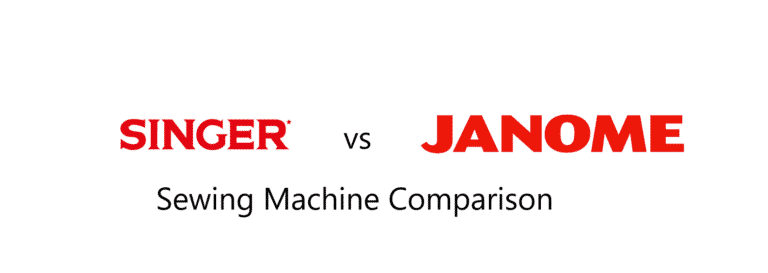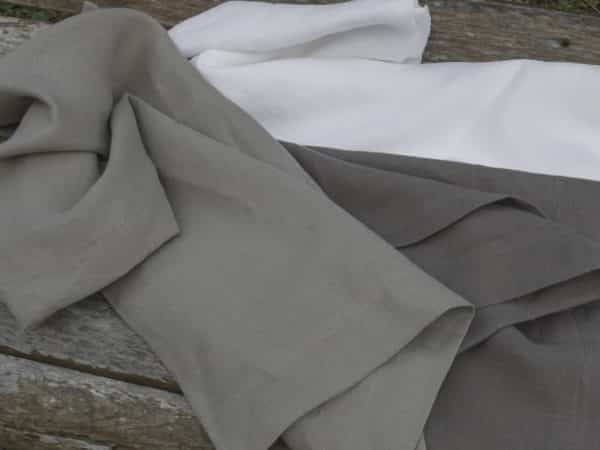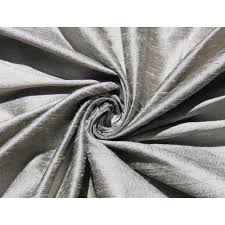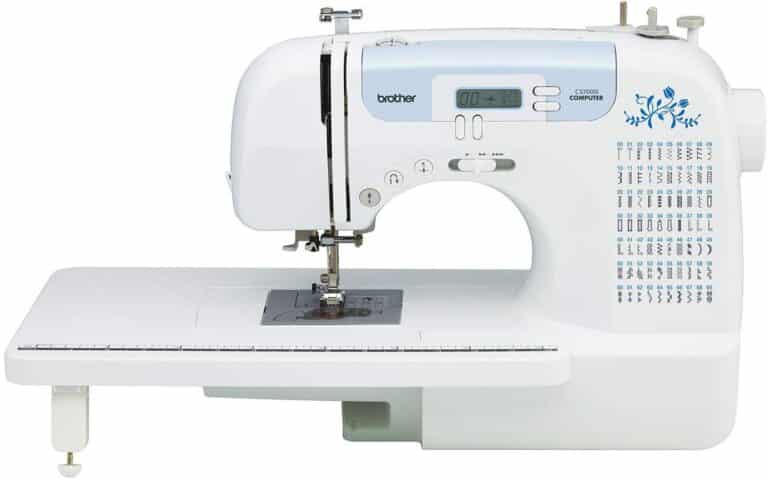5 Best Fabrics for Pillowcases
| Fabric for Pillowcases | Pros | Cons |
|---|---|---|
| Kaufman Radiance Cotton Silk Satin | Soft, smooth, luxurious appearance | Hand wash or dry clean required |
| Telio Bamboo Rayon Jersey Knit | Extremely soft, antibacterial | Absorbent |
| Dear Stella Adventure Awaits | Durable, breathable, hypoallergenic | None mentioned |
| Spechler-Vogel Cashmere Cotton Flannel | Soft, lightweight, gabardine weave | None mentioned |
| Kaufman Essex Yarn Dyed Classic Wovens | Budget-friendly, stays cool, dries quickly | Wrinkles easily |
| Cotton | Soft, hypoallergenic, natural material | Absorbent, can soak in oil and bacteria |
| Silk | Luxurious appearance | Expensive, not everyone likes the texture |
| Nylon | Less absorbent than cotton | Texture may not be liked by everyone |
| Linen | Stays cool, dries quickly | Wrinkles easily, cotton blend may help with creases |
| Polyester | Not popular choice for pillowcases | None mentioned |
Table of Contents
Best Fabric for Pillowcases
Here are our Fabric for Pillowcases Reviews
1. Kaufman Radiance Cotton Silk Satin

Satin is a perfect choice for pillow cases. It’s soft, smooth, and luxurious both to the touch and to the eye. Though the fabric is a cotton/silk blend (55% cotton and 45% silk), it actually looks like it’s just silk. The fabric has a low luster sheen.
- Very lightweight
- The fabric isn’t just perfect for pillow cases- it can also be used for many other types of apparel or for other accessories
- Fabric has to be hand washed and hung to dry or dry cleaned
2. Telio Bamboo Rayon Jersey Knit
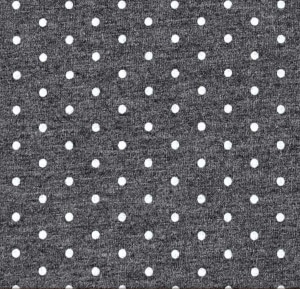
For those that want to try something a little bit different, consider making pillow cases from bamboo fabric. This jersey knit fabric is 95% rayon from bamboo with 5% Lycra spandex for some extra stretch. Bamboo is extremely soft and it’s also antibacterial. However, like cotton, it is also very absorbent.
- This medium-weight fabric is durable
- Machine wash gentle and lay flat to dry
- Can also be used for many different apparel projects
3. Dear Stella Adventure Awaits
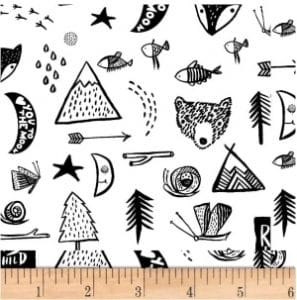
Cotton, despite any potential drawbacks, is still a very popular choice for bedding and pillowcases. Cotton is durable. While it is absorbent, it is also breathable, soft, natural, and hypoallergenic. This lightweight fabric is made of 100% cotton.
- Perfect for many other apparel and accessories projects for matching accents or to use up excess fabric
- Easy to launder- machine wash and dry in the dryer on low heat
- Comes in trendy patterns and prints in neutral colors
4. Spechler-Vogel Cashmere Cotton Flannel
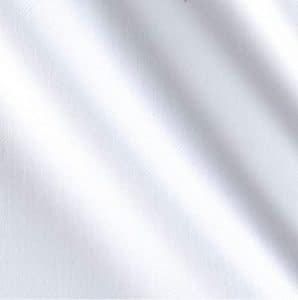
This line is as soft and elegant as it sounds. It is lightweight and is made of 100% cotton. This fabric is a perfect choice for anyone who wants a flannel fabric for those crisp mornings and cold, wintry months. The fabric’s gabardine weave is also very luxurious.
- The fabric’s gabardine weave is brushed on both sides
- Perfect for bedding and a variety of other projects
- Easy to launder- machine wash on cold and dry in the dryer on low heat
5. Kaufman Essex Yarn Dyed Classic Wovens
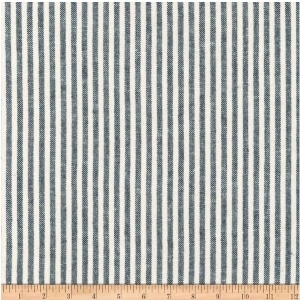
Linen pillowcases can be expensive in stores. They tend to be a luxury that most people won’t spend the extra money on, but this cotton/linen (55% linen, 45% cotton) blend is quite budget friendly. Linen has many great benefits. Linen stays cool in hot weather and dries quickly. It is also anti-bacterial. Linen does tend to wrinkle easily, but the cotton blend should help with creases.
- Fabric is lightweight with a crisp hand
- Fabric is also perfect for many apparel projects
- Machine wash on gentle and hang to dry
Fabric for Pillowcases Buying Guide
Pillow cases can be made from many different fabrics. What kind of fabric you choose to sew your pillow cases from is going to be dependent on your sewing skill (some fabrics can be harder than others to sew), your existing décor or bedding, your budget, and maybe even on what your personal hair and skin needs are. Some fabrics are less suitable for those with acne prone skin or very dry skin.
Benefits and Drawbacks of Cotton
Cotton, while soft, naturally hypoallergenic, and a natural material, is known to be absorbent, which means it can soak in oil and bacteria for your hair and skin. This could be solved by washing the pillowcases more often. Cotton, flannel, Egyptian cotton, jersey knits, and linen/cotton blends are all still popular choices for bedding.
Other Fabrics
Fabrics like silk, satin, nylon, or even linen tend to soak up less material, but not everyone likes the texture or feeling and some of these fabrics can be quite expensive. Polyester is not often a popular choice on its own for pillow cases. Ultimately, the decision on which fabric to use will have to match a person’s individual needs.
Recommended Reading:
